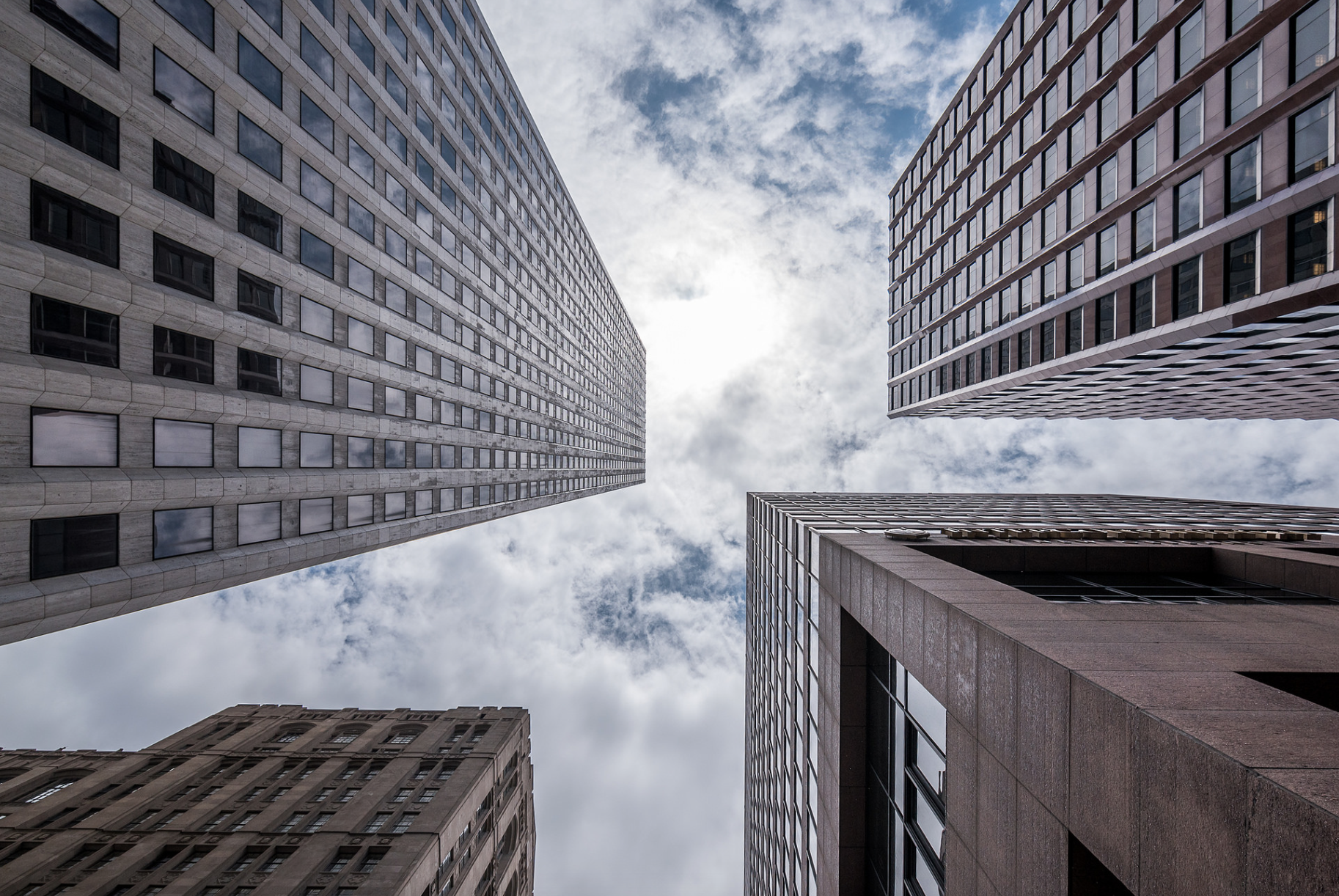So you're a city official and you're worried about the rising cost of natural disasters across the country. Or maybe you're concerned about trade policy changes and how it will affect your workers. Or perhaps you're still seeing the effects of the recession and worsening inequality among your constituents.
First, you're not alone.
"I would say today every city in every metropolitan area around the country finds themselves in a position where they need to be in a perpetual state of adaptation," said Amy Liu, vice president and director of the Metropolitan Policy Program at the Brookings Institution.
Globalization, climate change and technological, as well as demographic, transformations are forcing cities to rethink how they do what they do. Some shocks are more gradual, like deindustrialization, while others, like a Hurricane Harvey, are immediate. But both force cities to confront their long-term trajectories.
Luckily, and second, Liu has a blueprint for helping cities navigate such challenges. And it's more or less a guide to making cities more inclusive and equitable.
Third, it also happens to be an antedote to the economic anxiety that popped up in the national narrative during and after the 2016 election. Contrary to that narrative, however, Liu said that anxiety is widespread across cities and rural places and across diverse communities. Much of that has to do with a failure of policy to keep up with the changes shaping our lives. Despite all this focus around resiliency and an awareness that things like climate change and new technologies, Liu said she's skeptical enough is being done. "My worry right now is that our norms, our policies, our strategies are not keeping pace," she said. It will have to be cities that respond. "Cities are more nimble and can change faster than...the higher levels of governing," said Liu.
Part of her work at Brookings involves collaborating with cities to tackle these concerns head on, but she said cities can and should take action regardless. The Amazon snub is a perfect example. Houston was the largest city not to make the short list and it's caused all sorts of reflection and responses, including plans for an Innovation District. But when Liu looks at the company's request for proposals, her advice to cities? "Just do it."
At the latest Kinder Institute Forum Wednesday, Liu shared more specific guidelines for creating resilient, prosperous cities. "In general what the literature finds is that there are four key attributes that predict a region's capacity to adapt and be resilient," explained Liu. Having a strong, diverse economy; a large number of skilled workers; private wealth that can be invested in rebuilding and reform; and strong civic participation and social cohesion.
How does Houston do? Overall, it's still a relatively strong metropolitan area but there are troubling signs within it, including an attachment to the energy industry, growing income inequality, workforce disparities particularly for Hispanic workers in tech jobs. A recent Kinder Institute study also highlight the region's relatively weak civic health, including high levels of social distrust.
So while Houston has done well historically, "the question is, going forward," said Liu, "does the region have the capacity to stay on that trajectory?"
Policy interventions should focus on promoting the region's firms, people and places, according to Liu. That means fostering entreprenuers and strengthening unviersity and industry partnerships, providing creative and digital training for workers, implementing criminal justice reforms and making substantial investments in transit, housing, sustainable land use among other policy recommendations.
It's a tall order that requires government to work across agencies and beyond. And it means rethinking the mentality that has powered much of Houston's growth thus far. "One goal is simply to embrace a different kind of growth framework that embodies this long view," said Liu.

